9 GPTs for Water Treatment Powered by AI for Free of 2025
AI GPTs for Water Treatment are advanced computational tools that leverage the capabilities of Generative Pre-trained Transformers (GPTs) to address and solve specific challenges within the water treatment sector. These AI-driven solutions are designed to process and analyze vast amounts of data, offering insights, predictions, and operational recommendations tailored to water treatment processes. By integrating GPTs, these tools provide innovative approaches to water quality monitoring, treatment optimization, and environmental compliance, thus playing a crucial role in enhancing the efficiency and sustainability of water management practices.
Top 9 GPTs for Water Treatment are: Environmental Engineering Advisor,ZLD Design Expert,Aqua Tutor,Aqua Intellect,Aqua Intellect,Aqua Design Pro,Student - Environmental Engineering,Ozone,HC Projetos Ambientais
Environmental Engineering Advisor
Empowering Sustainable Engineering Solutions
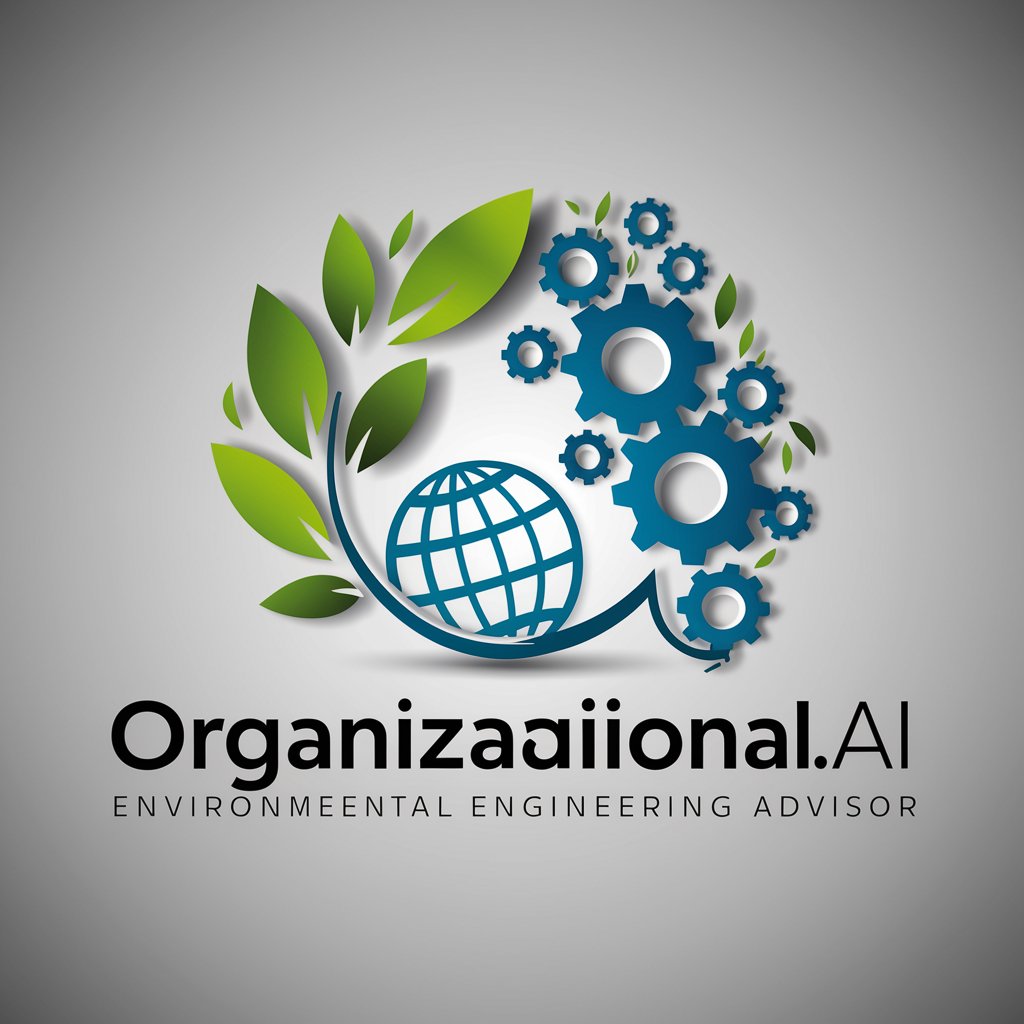
ZLD Design Expert
Optimizing ZLD with AI Precision
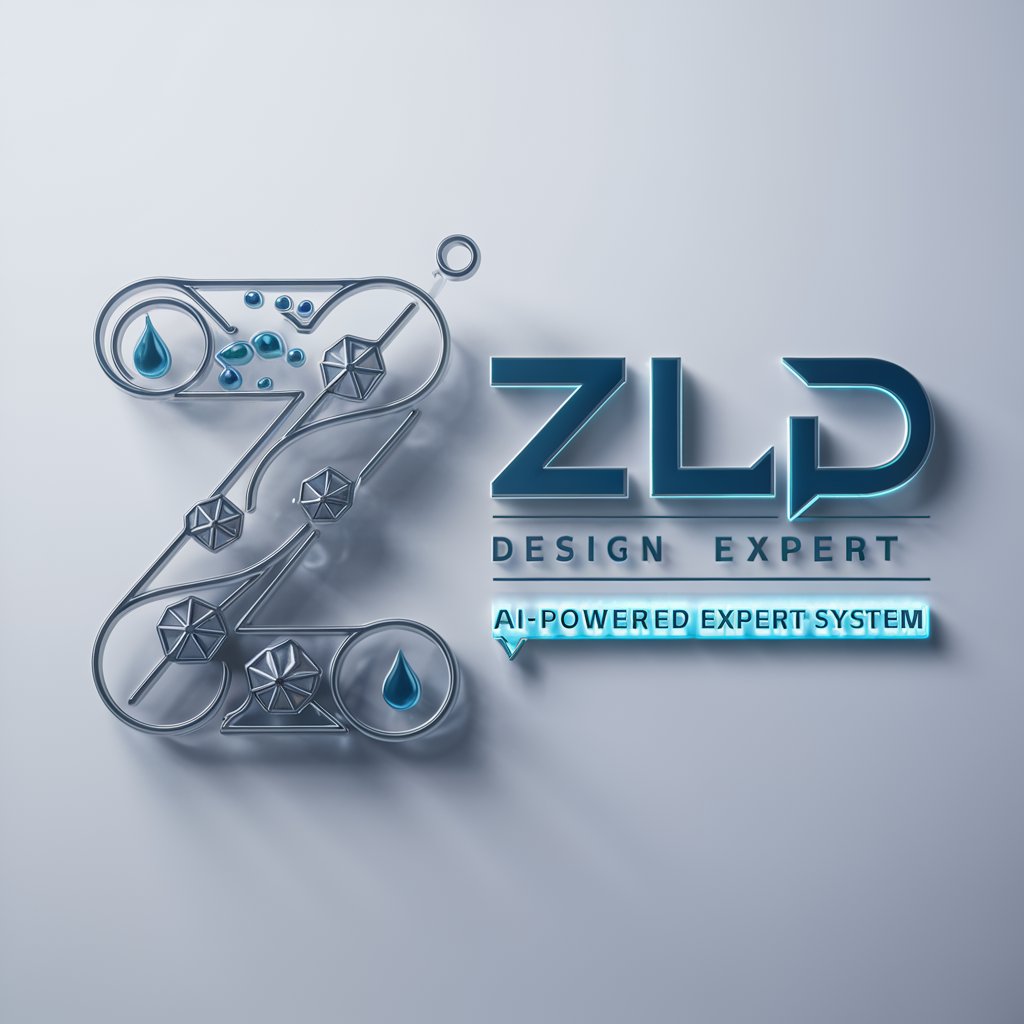
Aqua Tutor
Empowering learning with AI-powered precision.
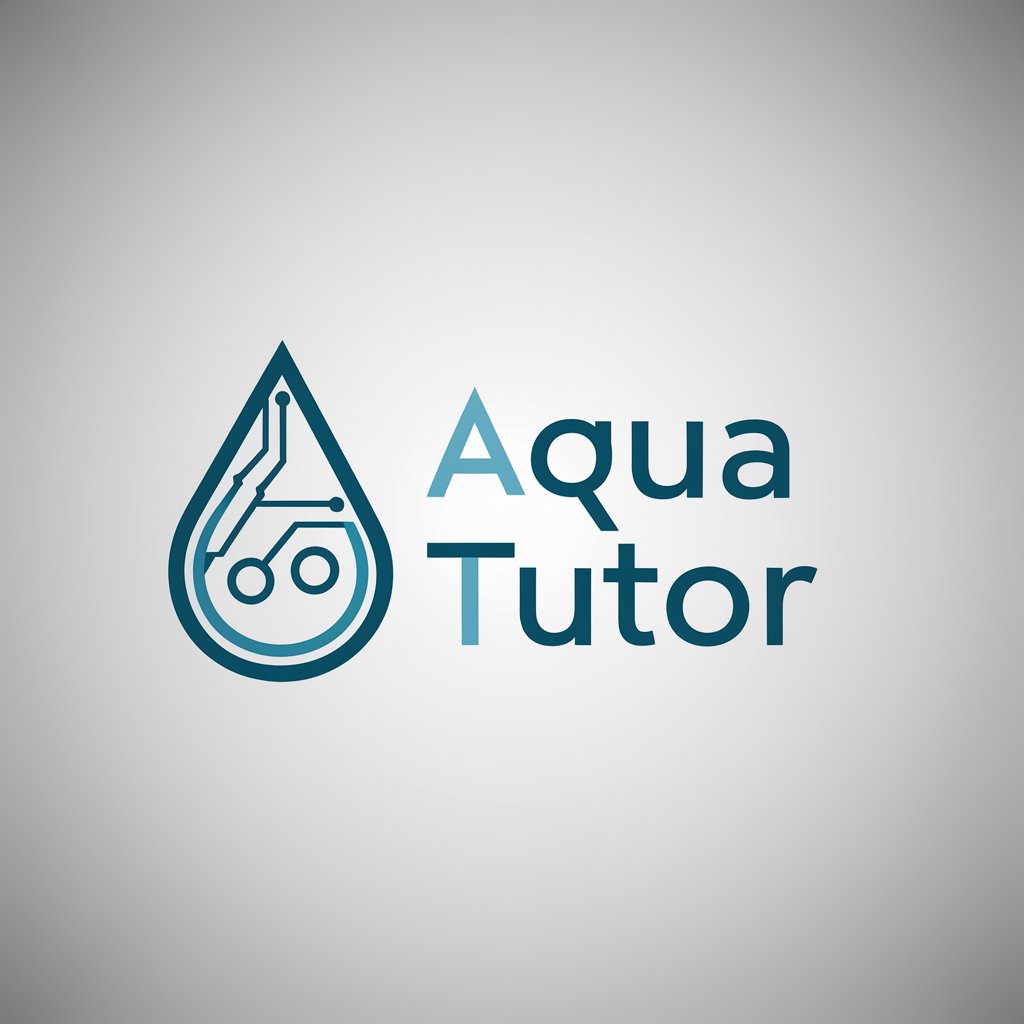
Aqua Intellect
Empowering Water Insights with AI
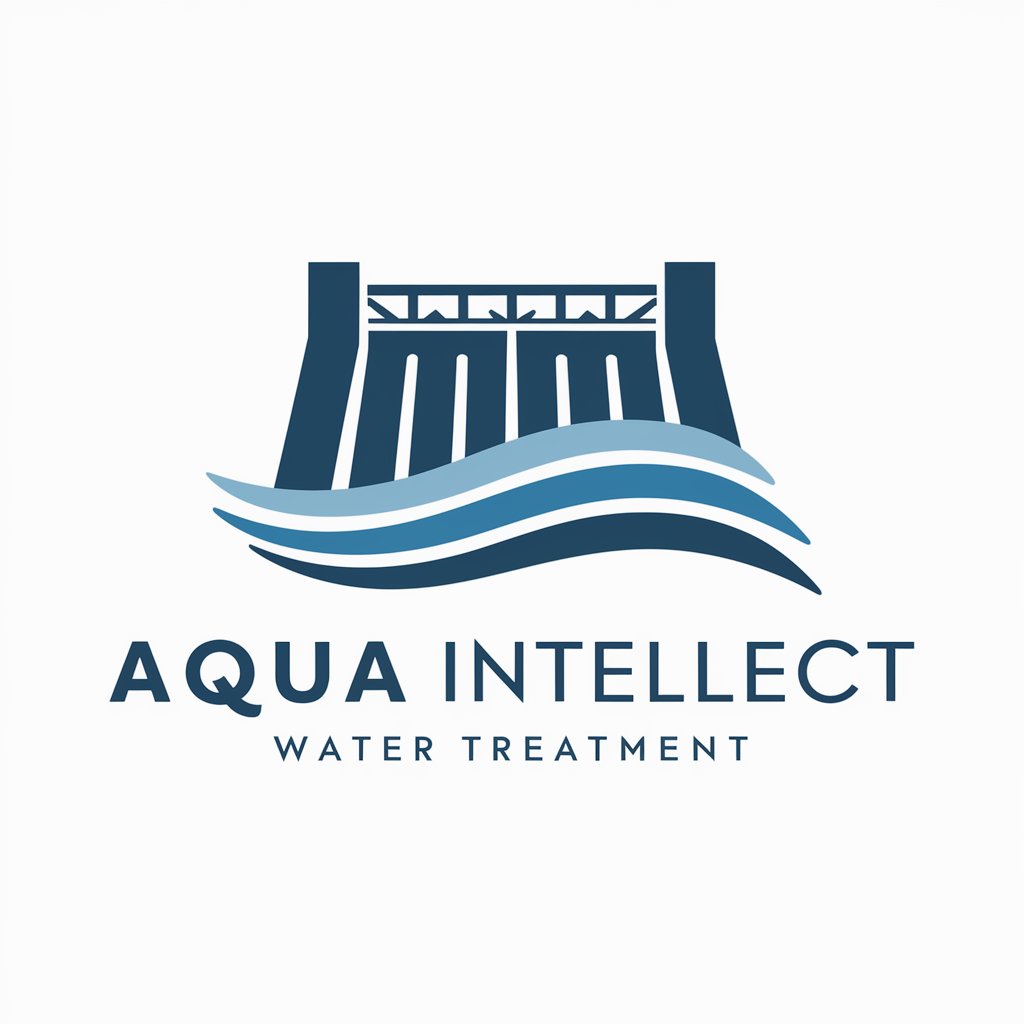
Aqua Intellect
Empowering Water Sustainability with AI
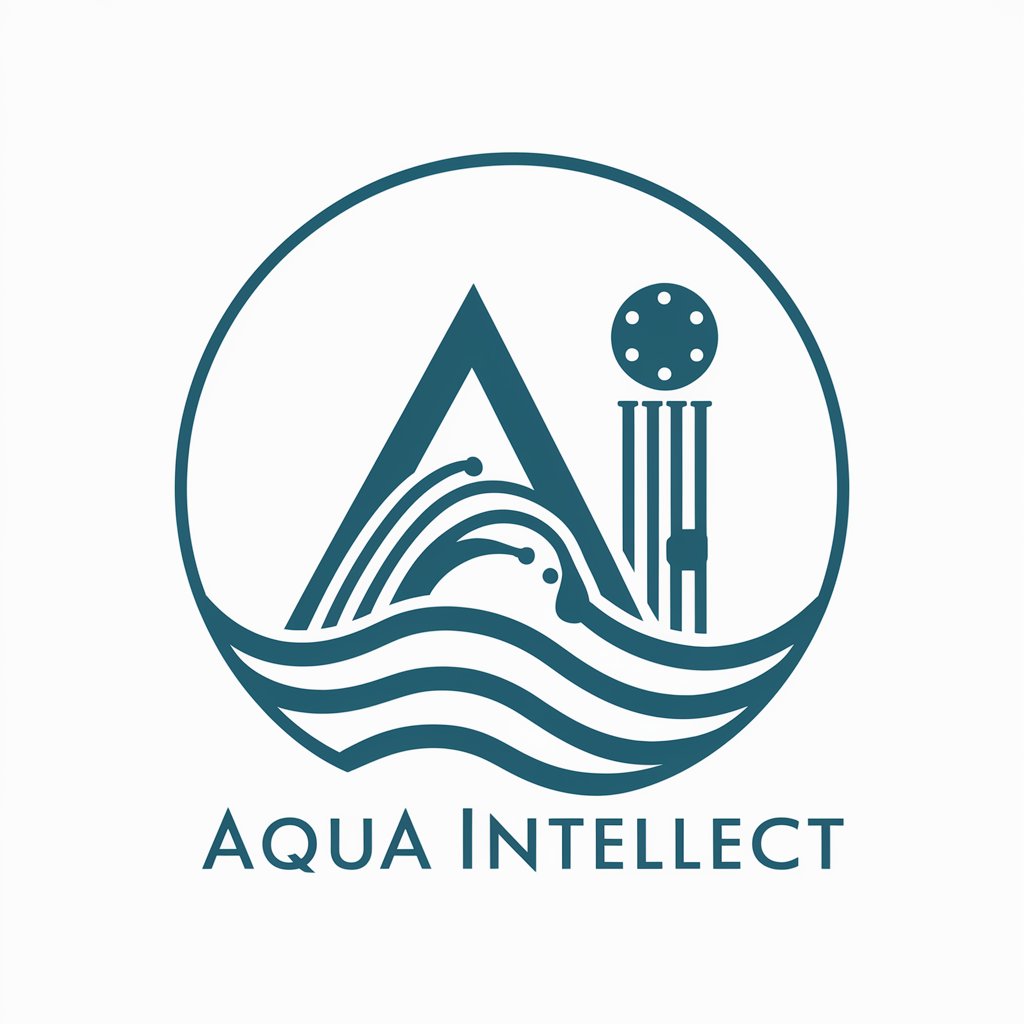
Aqua Design Pro
Optimizing water treatment with AI
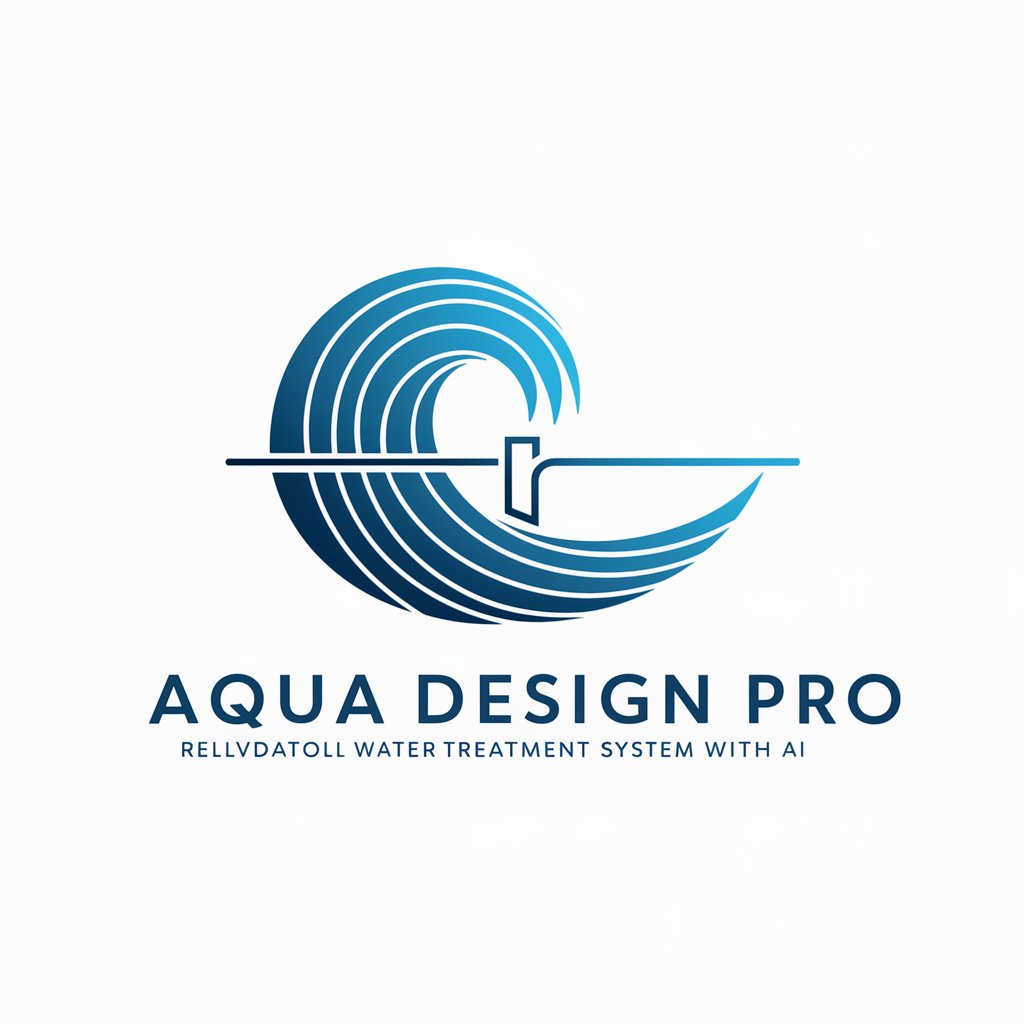
Student - Environmental Engineering
Empowering environmental solutions with AI
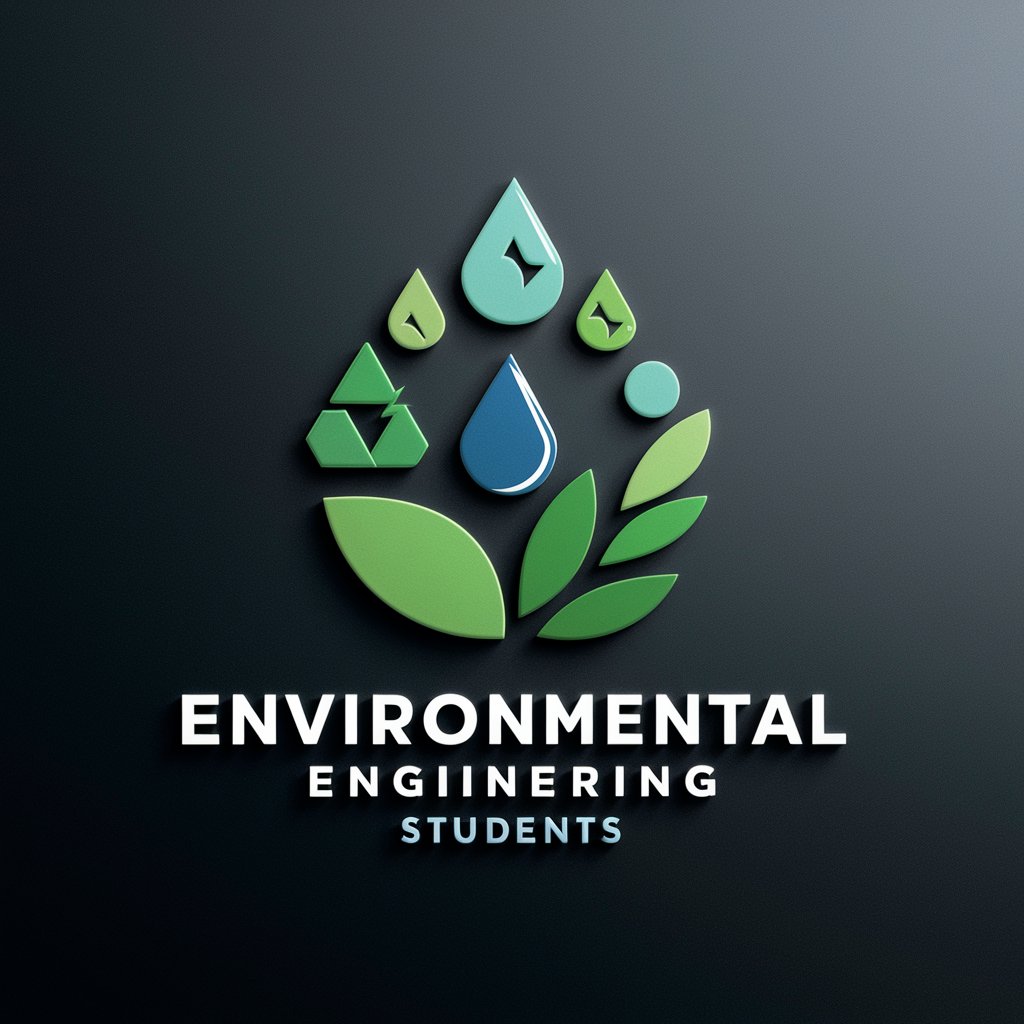
Ozone
Harnessing Ozone's Power with AI
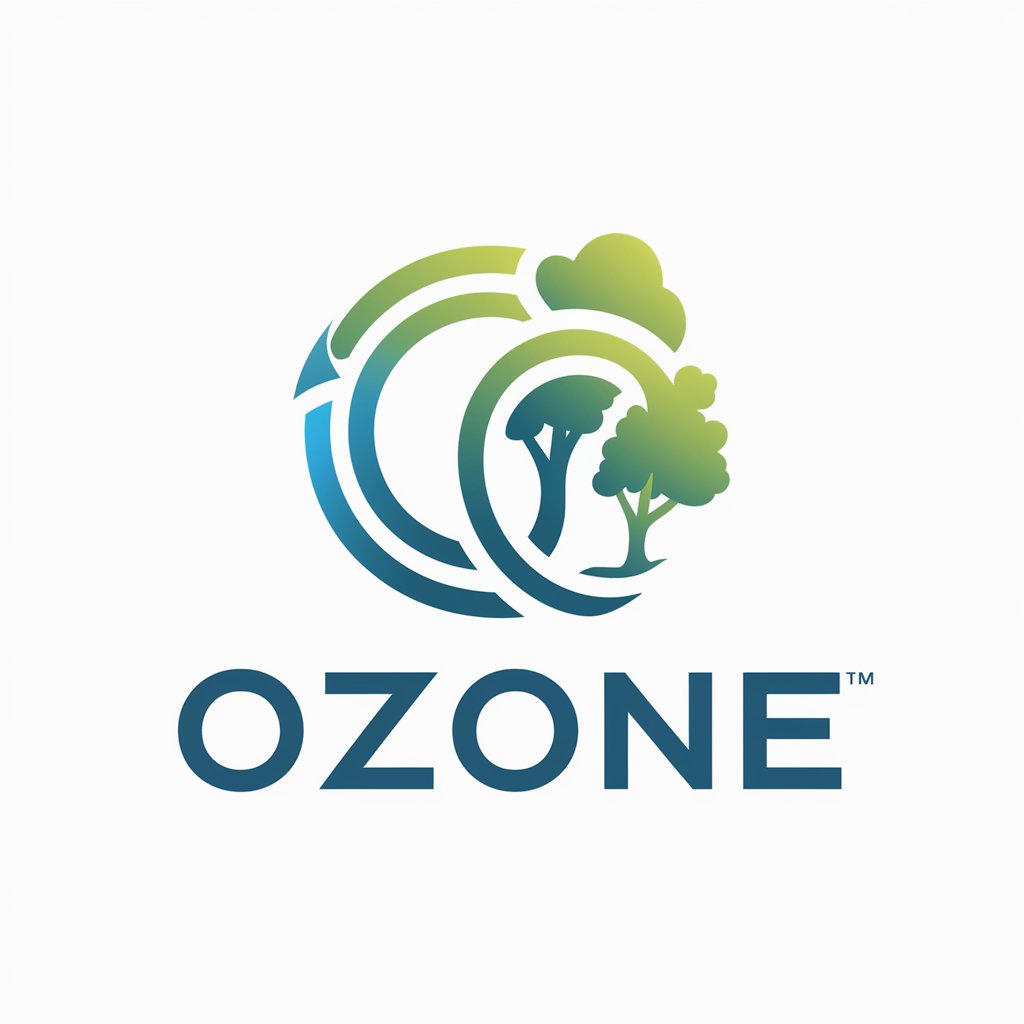
HC Projetos Ambientais
Streamlining Water Treatment with AI
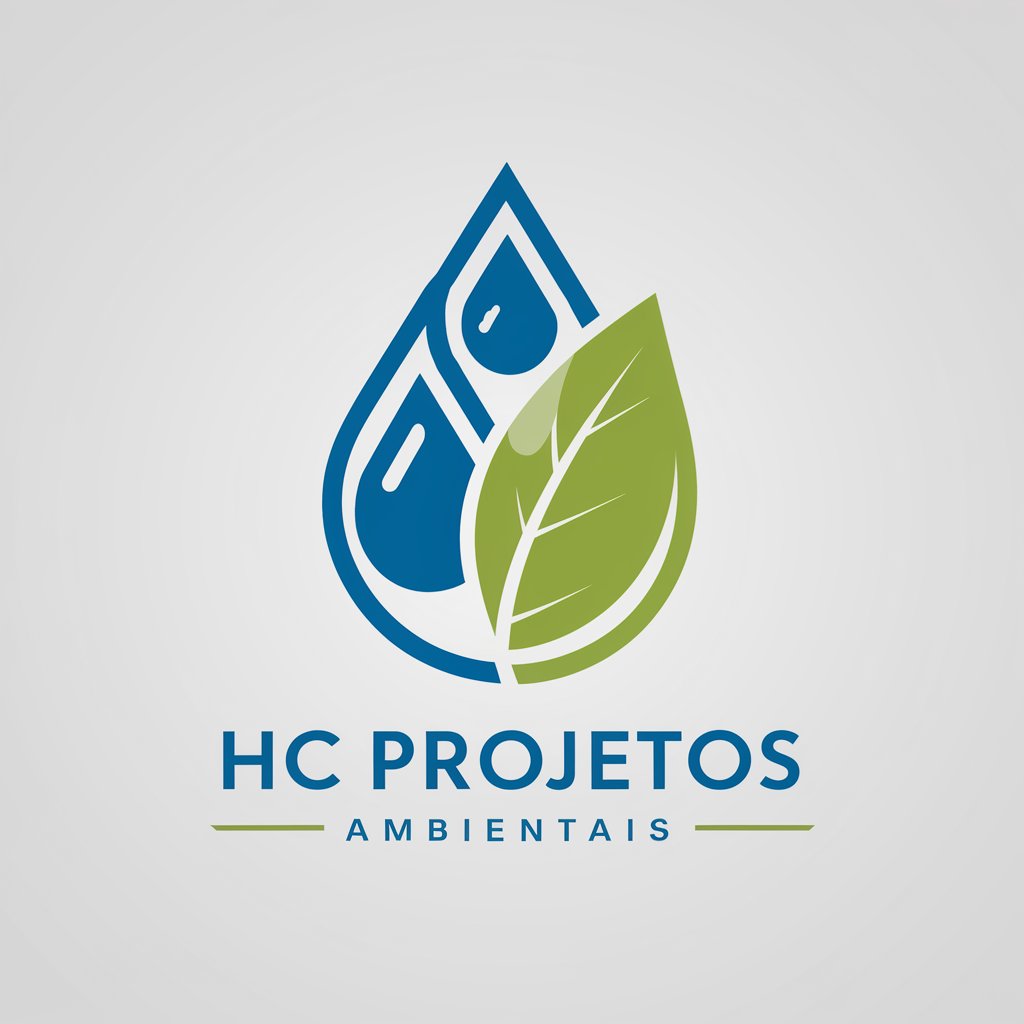
Key Characteristics and Functions
AI GPTs for Water Treatment boast a range of unique features that make them invaluable in the field. Their adaptability allows them to handle a wide spectrum of tasks, from analyzing water quality data to predicting treatment outcomes and optimizing processes. These tools can understand and generate human-like text, facilitating communication of complex technical information in an accessible manner. Advanced data analysis, image recognition for monitoring, and predictive modeling for anticipating future water treatment needs are among their standout capabilities. Moreover, they can be integrated into existing systems, offering seamless support for decision-making and operational planning.
Who Benefits from Water Treatment AI GPTs
AI GPTs for Water Treatment are designed to serve a diverse audience, including environmental engineers, water treatment professionals, policymakers, and researchers. They offer intuitive interfaces that require minimal to no coding skills, making them accessible to novices. At the same time, these tools provide extensive customization options for developers and seasoned professionals, allowing for tailored solutions that meet specific operational or research needs within the water treatment sector.
Try Our other AI GPTs tools for Free
Mathematics Help
Discover how AI GPTs for Mathematics Help are transforming the way we learn and apply mathematics, providing tailored, instant support for all levels of mathematical challenges.
Spiritual Education
Explore the transformative potential of AI GPTs for Spiritual Education. Discover a personalized approach to deepening your spiritual journey through advanced AI technology.
Divine Guidance
Explore AI GPT tools tailored for Divine Guidance, offering personalized spiritual insights, ethical considerations, and seamless integration with your spiritual journey.
Visionary Engagement
Explore how AI GPTs for Visionary Engagement revolutionize creative ideation and strategic planning with tailored AI solutions. Ideal for professionals and novices alike.
Fandom Merchandise
Discover AI GPTs for Fandom Merchandise: innovative tools designed to revolutionize fan-related products and experiences with personalized content and insights.
Romantic Ideas
Discover how AI GPT tools for Romantic Ideas can transform your expressions of love, offering personalized poems, messages, and unique date ideas with the touch of a button.
Expanding Horizons with AI in Water Treatment
AI GPTs offer transformative solutions across the water treatment sector, facilitating real-time monitoring, predictive maintenance, and strategic planning. Their integration into water management systems enables a proactive approach to environmental challenges, enhancing both operational efficiency and ecological sustainability. User-friendly interfaces and the ability to integrate with existing workflows ensure these tools are not only powerful but also accessible and adaptable to the needs of diverse users.
Frequently Asked Questions
What exactly are AI GPTs for Water Treatment?
AI GPTs for Water Treatment are specialized AI tools that apply generative pre-trained transformer technology to address challenges in the water treatment industry, such as water quality analysis, system optimization, and compliance with environmental standards.
How do these tools enhance water treatment processes?
By analyzing data and generating insights, these tools can optimize treatment processes, predict maintenance needs, and ensure regulatory compliance, thereby improving efficiency and sustainability.
Can non-technical staff use these AI GPT tools effectively?
Yes, these tools are designed with user-friendly interfaces that enable non-technical staff to utilize AI capabilities without requiring deep programming knowledge.
Are there customization options for more advanced users?
Absolutely. Developers and experienced professionals can access extensive customization options, allowing them to tailor the AI's capabilities to specific project requirements or research objectives.
What makes GPTs particularly suited for water treatment?
GPTs' ability to process large datasets and generate predictive models makes them ideal for analyzing complex water quality parameters and optimizing treatment methodologies.
How can these tools be integrated into existing water treatment systems?
AI GPTs can be integrated through APIs or specialized software interfaces, ensuring they can complement and enhance existing water treatment infrastructure and software systems.
What are the potential limitations of using AI GPTs in water treatment?
While highly effective, these tools require quality data inputs and continuous learning to adapt to new challenges, which may necessitate ongoing oversight and adjustment by professionals.
How do AI GPTs contribute to sustainability in water treatment?
By optimizing treatment processes and reducing waste, AI GPTs contribute to more sustainable water management practices, ensuring resources are used efficiently and environmental impact is minimized.